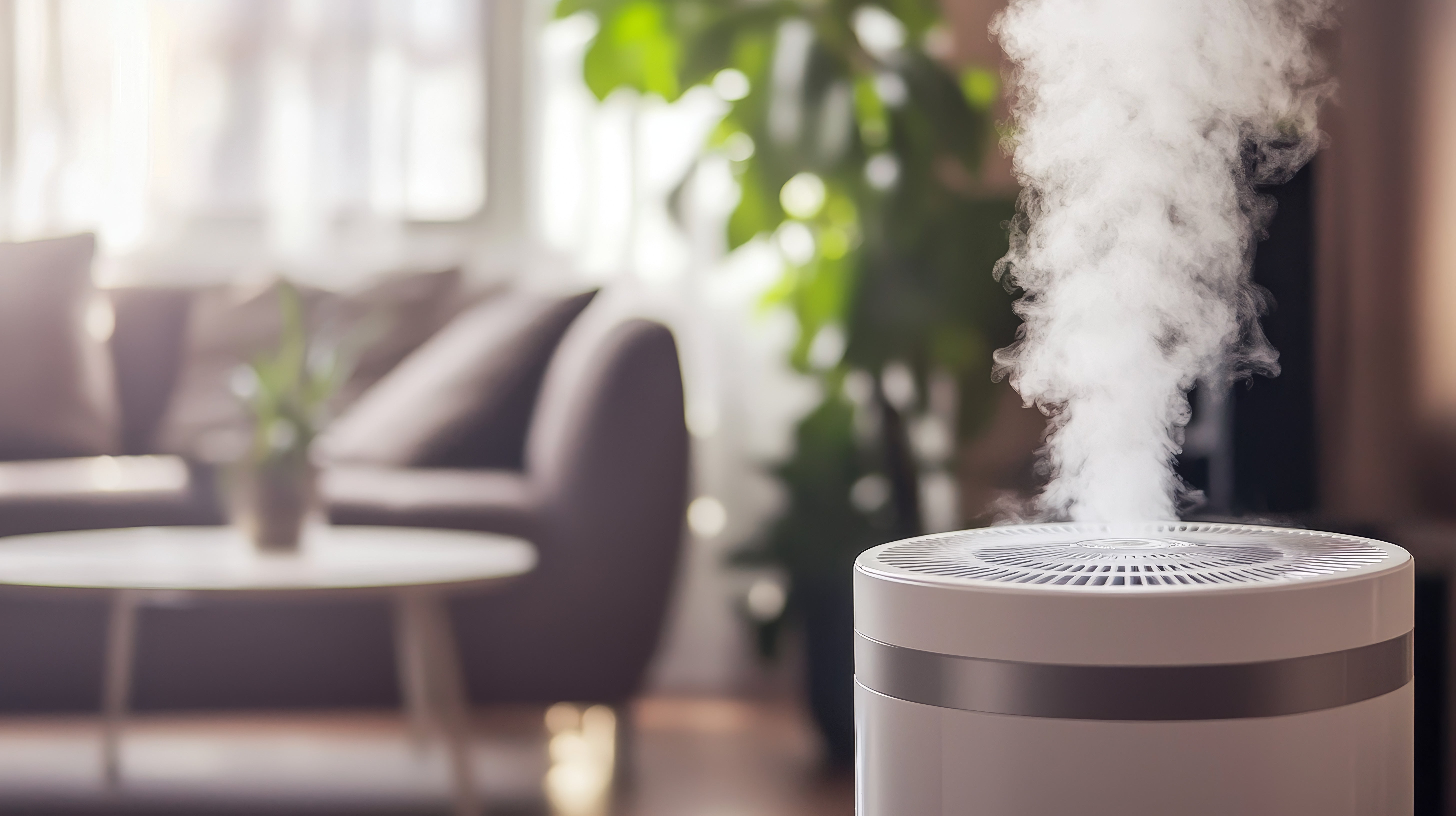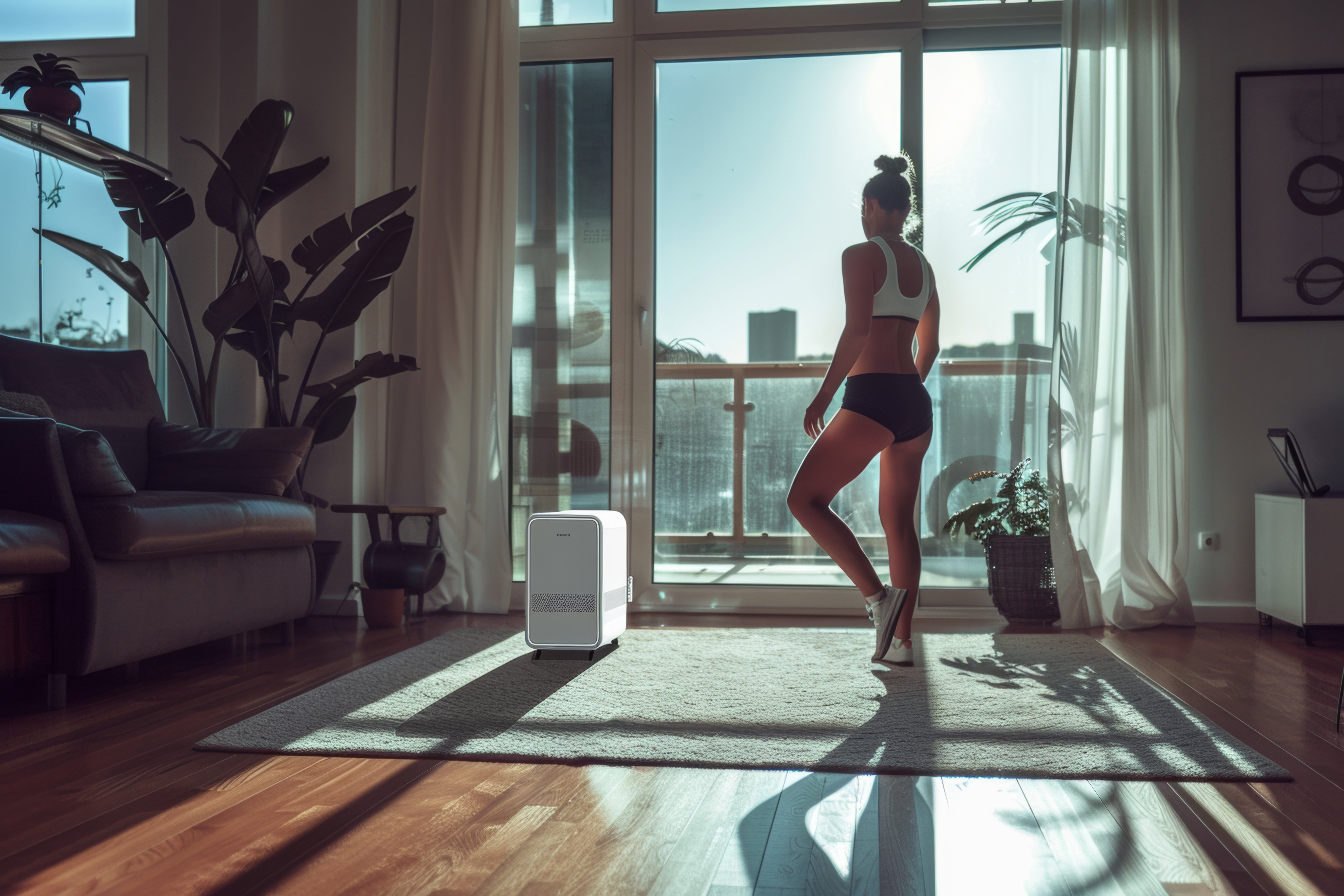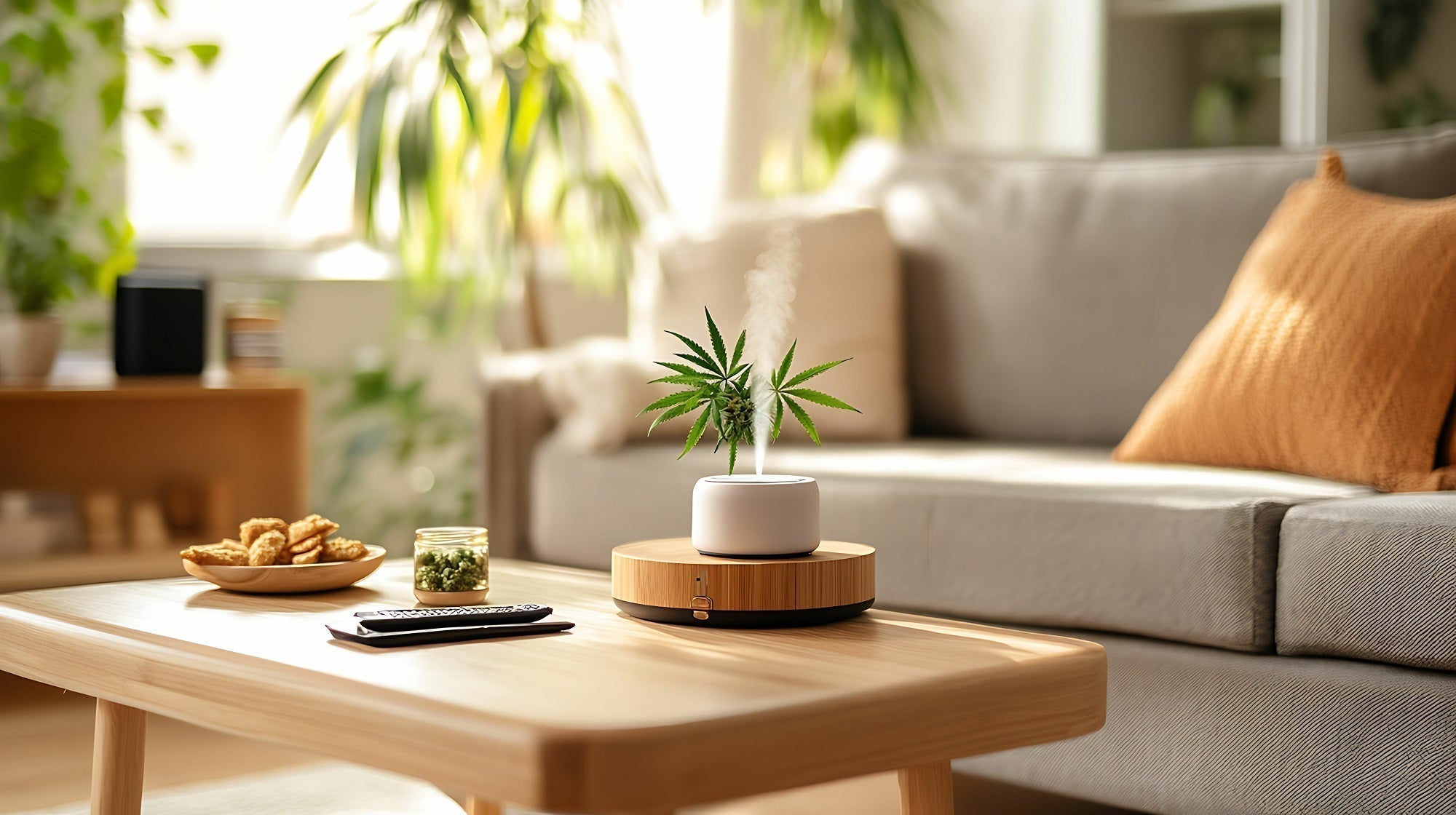Do HEPA Filters Remove Flu and Viruses? Understanding Their Effectiveness for Safer Air

You wake up feeling a scratchy throat and a slight fever. Your first thought? Did I catch something from work? From the grocery store? Or was it the air in my own home? Many of us underestimate how much indoor air quality affects our health, especially during flu season.
Here’s the thing: viruses float in the air, clinging to tiny droplets when someone coughs, sneezes, or even talks. And if your indoor air isn’t properly filtered, you could be breathing them in without even realising.
This is where HEPA filters come into play. Touted as the gold standard for air purification, they claim to trap airborne particles, but do they actually work against flu viruses? Let’s break down the HEPA air purifier effectiveness and see if it’s worth the investment for healthier indoor air.
How Do HEPA Filters Work?
Medical-grade HEPA (High-Efficiency Particulate Air) filters such as H13 and H14 are designed to capture at least 99.97% and 99.995% of airborne particles at 0.3 microns respectively. Although, they can even capture smaller particles. These filters use multiple mechanisms–diffusion, interception, and impaction–to trap pollutants such as dust, pollen, mould spores, and bacteria.
But here’s where it gets interesting. Many viruses, including influenza, are even smaller than 0.3 microns. The flu virus, for instance, typically ranges from 0.08 to 0.12 microns in size. This might make you wonder if the flu virus is smaller than the HEPA filter’s threshold, can it still be captured?
Can HEPA Filters Capture Flu and Viruses?
The answer is a reassuring yes, most of the time. While viruses themselves are tiny, they often travel through the air attached to larger respiratory droplets. These droplets, typically ranging from 0.5 to 5 microns, are well within the trapping capacity of a HEPA 13/14 filter. So when someone sneezes or coughs, the expelled virus-laden particles can be effectively filtered out of the air.
Studies have shown that using a HEPA filter for flu can significantly reduce airborne virus concentrations, making it a valuable tool in minimising the spread of infections indoors. NHS and healthcare facilities across the world frequently use MedicAir air purifiers, which boast HEPA 13/14 activated carbon filters and safe UV technology to contain airborne pathogens, underscoring their effectiveness in high-risk environments.
HEPA Air Purifier Effectiveness: What You Need to Know
While HEPA filters can help reduce airborne viruses, they are not a magic shield against illness. Their effectiveness depends on several factors, including:
1. Air circulation and coverage
First and foremost, the air purifier must be appropriately sized for the room. A small HEPA purifier in a large space won’t be as effective. But you don’t have to rely on a single-size air purifier as MedicAir air purifiers come in a range of sizes to suit your space and needs. Our MedicAir Pro Mini, for instance, is ideal for home offices and bedrooms whereas our MedicAir Pro is effective for larger indoor environments such as your living room.
2. Filtration speed
Next up, is the Clean Air Delivery Rate (CADR). It indicates how quickly a purifier can filter air. Higher CADR ratings mean faster purification. Our MedicAir Pro Mini, for instance, boasts a CADR of 410m³/h, which makes it more than sufficient for an average-sized room. Our MedicAir Pro, on the other hand, offers a 605 m³/h CADR that makes it ideal for larger rooms or open-plan layouts.
3. Additional features
Advanced air purifiers also include UV light or activated carbon filters to neutralise viruses and eliminate odours. All our MedicAir air purifiers are equipped with safe UV technology, which captures microscopic particles that may bypass the HEPA filter. Within the UV chamber, this technology disrupts the DNA of viruses and bacteria, rendering them inactive. Moreover, our antibacterial pre-filter ensures the bacteria don’t multiply and clog the filter.
Furthermore, the activated carbon layer on our HEPA 13/14 filters helps remove volatile organic compounds and odours that HEPA filters alone cannot capture.
4. Proper maintenance
A clogged or old HEPA filter loses efficiency. As a result, you must regularly change the filter to ensure optimal performance. Check the manufacturer’s guidelines for filter replacement to maintain peak performance. Our MedicAir filters, for instance, are built to last 6 to 12 months and your unit automatically alerts you when the filter’s life drops to 10%.
The Bottom Line
If you’re looking to reduce your exposure to airborne viruses, a medical-grade HEPA filter for flu is a worthwhile investment. While it won’t completely eliminate the risk of flu or other viruses, it can significantly lower the concentration of infectious particles in the air, providing an added layer of protection. So, while you continue dodging sneezes and stocking up on tissues, consider adding a MedicAir air purifier to your flu-fighting arsenal. After all, we are trusted by the NHS and WHO so, you can count on us!
Recent Blogs
Independent Global Testing Confirms MedicAir’s Filtration Excellence
Two of MedicAir’s flagship systems – the MedicAir Pro and MedicAir Pro Max – have been independently verified for their outstanding performance in real-world environments, following rigorous testing conducted in Kuwait by international air filtration expert Dr Iyad Al-Attar.
Heatwaves and Indoor Air Quality: How MedicAir Safeguards Health and Productivity
The recent heatwave has brought swelteringly high temperatures across the UK, significantly impacting indoor air quality (IAQ) and indoor environmental quality (IEQ).
Why Indoor Air Quality Matters for Cannabis Grow Rooms
With MedicAir, you get more than just air purification–you get peace of mind, knowing your plants are thriving in a controlled, contaminant-free environment.


